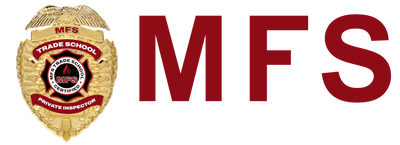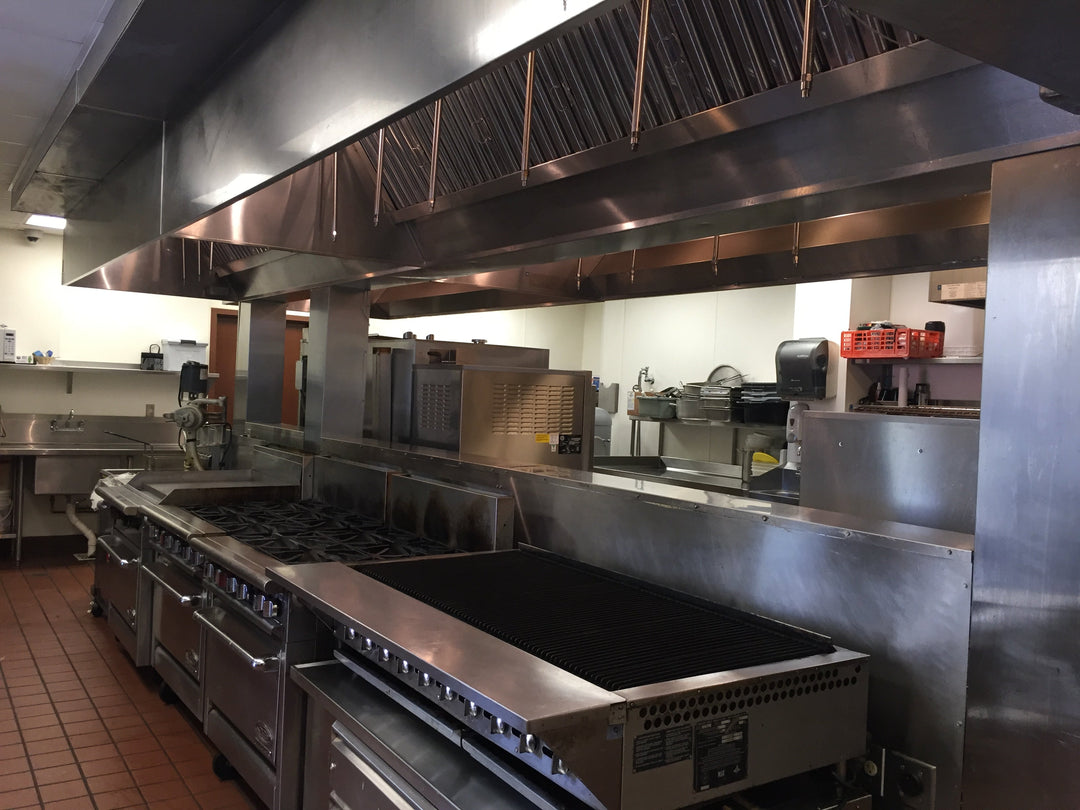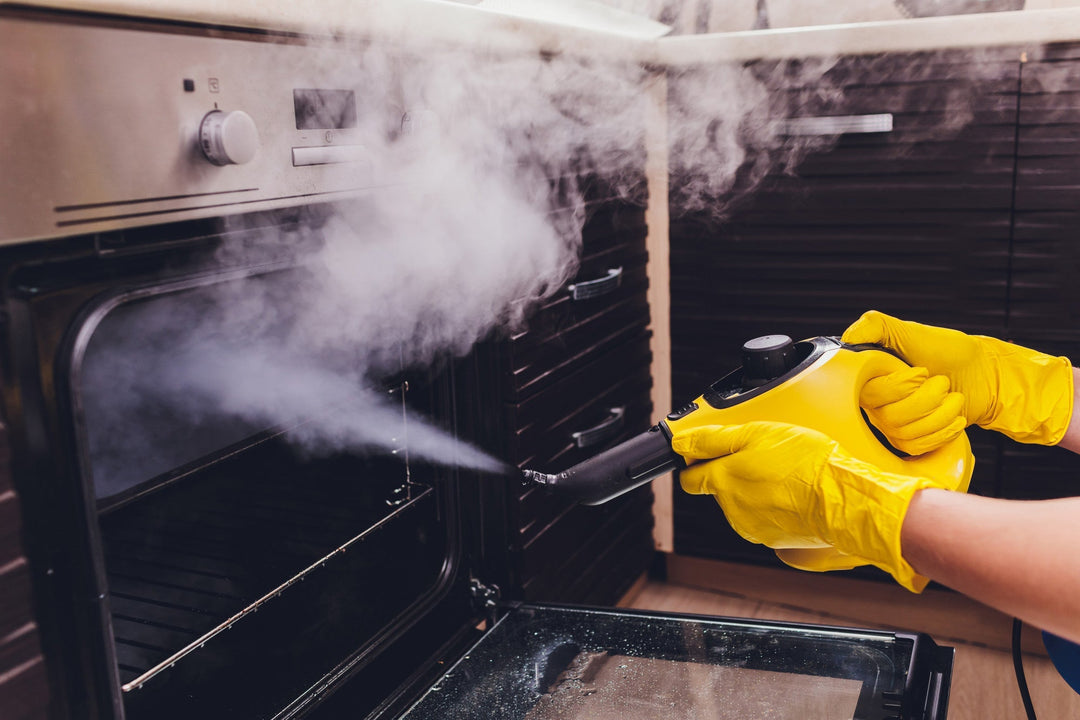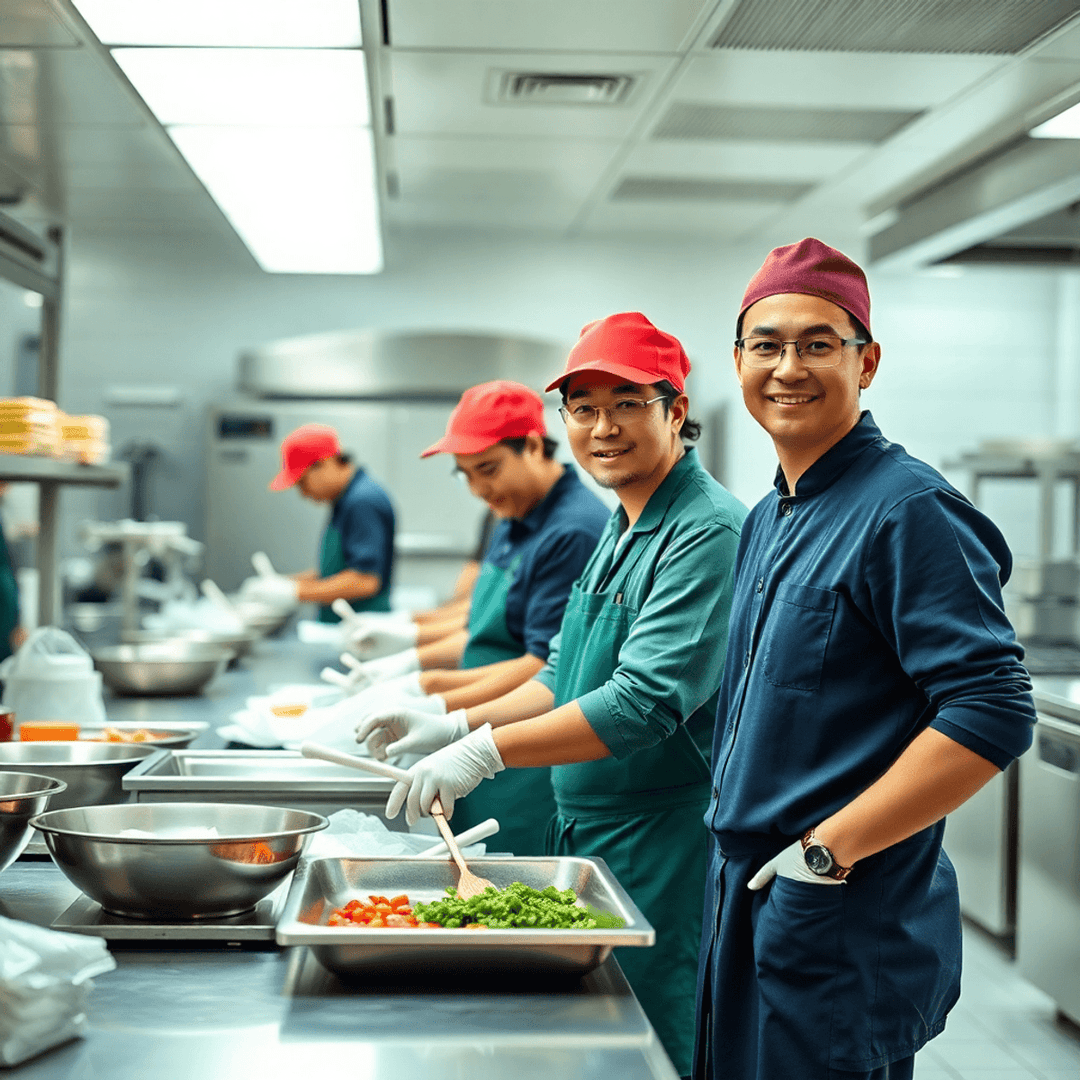How Regular Hood Cleaning Boosts Air Quality in Restaurants
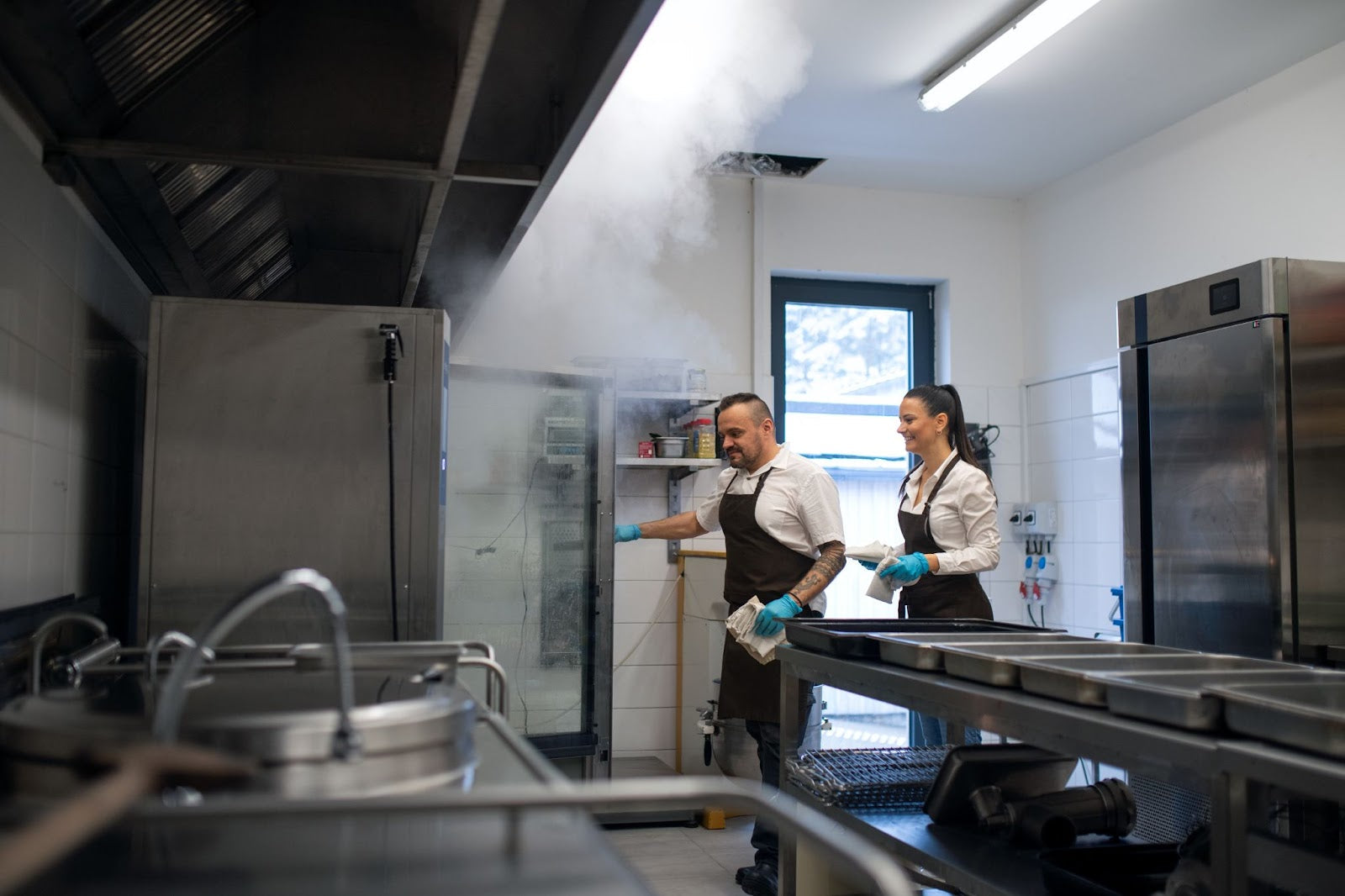
Maintaining a clean and hygienic kitchen is paramount for any restaurant striving to provide an exceptional dining experience. Among the many tasks involved in keeping a commercial kitchen spotless, hood cleaning stands out as a critical component that directly impacts the establishment's air quality.
Regular hood cleaning is not merely a matter of aesthetics; it plays a vital role in ensuring the health and safety of both staff and patrons. By removing grease buildup and other contaminants from the exhaust system, restaurant owners can create a more pleasant working environment and minimize potential health hazards.
In this article, we will delve into the importance of regular hood cleaning and explore how it enhances air quality in restaurants. We will discuss the benefits of maintaining a clean exhaust system, the risks associated with neglecting this crucial task, and the steps involved in professional hood cleaning services.
What is Kitchen Hood Cleaning?
Kitchen hood cleaning is a meticulous process that involves removing accumulated grease, grime, and other residues from the exhaust system of a commercial kitchen. This system, which typically includes hoods, filters, ducts, and fans, is responsible for capturing and removing cooking fumes, smoke, and odors from the kitchen area.
Over time, as the exhaust system operates, grease and other particles build up on its surfaces. If left unchecked, this accumulation can lead to several issues—reduced ventilation efficiency, increased fire risks, and poor air quality. Regular hood cleaning is essential to prevent these problems and maintain a safe and healthy kitchen environment.
Professional hood cleaning services, such as those offered at MFS Trade School, employ specialized equipment and techniques to thoroughly clean and degrease the entire exhaust system. This process involves disassembling the components, scraping off the accumulated grease, and using powerful cleaning agents to remove stubborn residues. Once the system is clean, it is reassembled and tested to ensure optimal performance.
How Regular Hood Cleaning Enhances Air Quality in Restaurants
-
Improved Ventilation Efficiency: Regular cleaning ensures that the exhaust system operates at peak performance, swiftly removing cooking fumes and odors from the kitchen. This efficiency is crucial for maintaining a pleasant atmosphere for both staff and diners, as it prevents the buildup of stale air and lingering odors.
-
Reduced Contaminant Recirculation: Grease buildup in the exhaust system can lead to the recirculation of contaminants back into the kitchen. By removing this accumulation through regular cleaning, restaurant owners can minimize the presence of airborne particles, creating a healthier environment for everyone.
-
Elimination of Unpleasant Odors: A clean exhaust system effectively captures and removes cooking odors, preventing them from permeating the dining area. This is particularly important for restaurants that offer a diverse menu, as strong odors from one dish can impact the enjoyment of others.
-
Healthier Working Environment: Kitchen staff are exposed to various airborne contaminants daily. Regular hood cleaning reduces the presence of these particles, minimizing the risk of respiratory issues and other health concerns. A cleaner kitchen environment leads to a more productive and satisfied workforce.
-
Compliance with Health Regulations: Most health departments require restaurants to maintain clean and well-functioning exhaust systems. Regular hood cleaning helps ensure compliance with these regulations, avoiding potential fines or closures. Professional cleaning services provide documentation of the maintenance performed, which can be valuable during health inspections.
How Regular Hood Cleaning Enhances Air Quality in Restaurants
Routine maintenance of the kitchen's exhaust system plays a crucial role in preserving indoor air quality. By ensuring that the system is clear of obstructions, it efficiently expels smoke, steam, and cooking byproducts, thus maintaining a comfortable environment. This proactive approach reduces the likelihood of air pollutants lingering in the kitchen, safeguarding the health of both employees and customers.
Addressing the accumulation of grease within the exhaust system is essential for optimal air quality. Grease can harbor dust and other particulates, which may become airborne and compromise the kitchen's atmosphere. Regular maintenance of the system, including comprehensive cleaning of all components, helps mitigate this risk, ensuring that air remains fresh and contaminants are effectively managed.
Professional services offer a holistic solution, not only enhancing air quality but also supporting compliance with health and safety standards. These services include thorough cleaning processes and meticulous inspections to ensure that all aspects of the exhaust system meet regulatory requirements. Engaging experts in hood cleaning ensures that kitchens operate safely and effectively, contributing to an enjoyable dining experience.
How Regular Hood Cleaning Enhances Air Quality in Restaurants: Frequently Asked Questions
What is the importance of regular hood cleaning for air quality in restaurants?
Regular hood cleaning is essential for ensuring that kitchen ventilation systems operate effectively, which helps maintain the overall air quality. By keeping the exhaust system free from grease deposits, it allows for the consistent removal of smoke and cooking fumes, creating a cleaner and more breathable environment for staff and guests alike.
How does grease buildup affect air quality in commercial kitchens?
Accumulated grease within the exhaust system can significantly impede air flow, leading to poor air quality. This buildup can block the proper expulsion of smoke and odors, causing them to linger in the kitchen and dining areas. Regular cleaning prevents these issues, ensuring that the ventilation system functions optimally.
What are the health implications of poor air quality in restaurants?
Exposure to poor air quality can lead to a range of health issues, including respiratory problems and increased allergy symptoms. Ensuring the exhaust system is clean helps mitigate these risks by reducing the presence of harmful airborne particles. A well-maintained system supports a healthier workplace and dining environment.
How often should kitchen hoods be cleaned to maintain air quality?
The frequency of hood cleaning depends on various factors, such as the type of cuisine and cooking volume. Establishments with high grease output should consider more frequent cleanings. Consulting with professionals can help tailor a cleaning schedule that meets specific operational requirements and adheres to local health codes.
What steps are involved in professional kitchen hood cleaning?
Professional hood cleaning involves a detailed process that includes inspecting and cleaning all parts of the exhaust system. Technicians use specialized tools and techniques to remove grease and debris from the hood, filters, and ducts. This thorough approach ensures that the entire system is not only clean but also safe and compliant with health standards.
Investing in regular hood cleaning is a proactive measure that not only enhances air quality but also demonstrates a commitment to the well-being of your staff and customers. By prioritizing this essential maintenance task, you contribute to a safer, healthier, and more inviting restaurant environment. If you're interested in learning more about the intricacies of kitchen exhaust system cleaning and how to start or grow your own cleaning business, explore our training and certification courses designed to equip you with the knowledge and skills needed to succeed in this industry.
